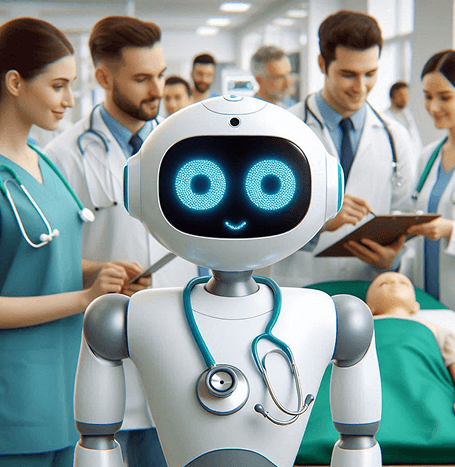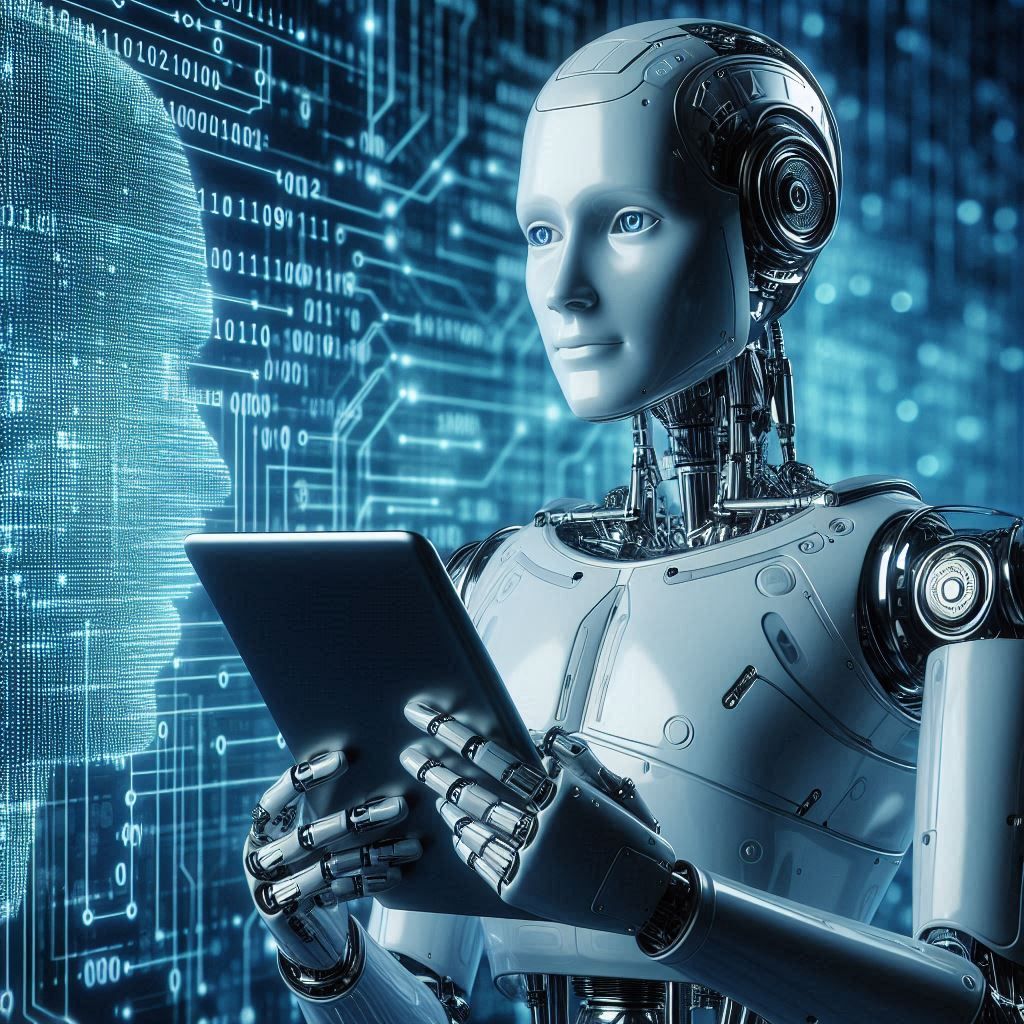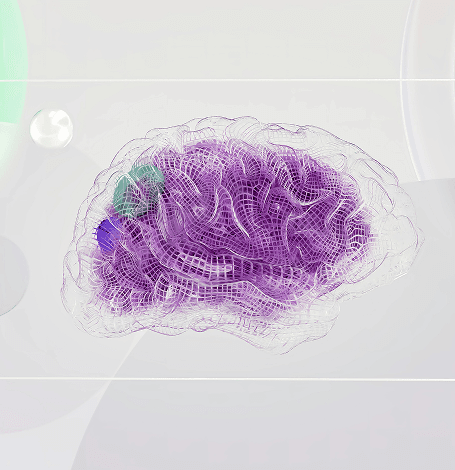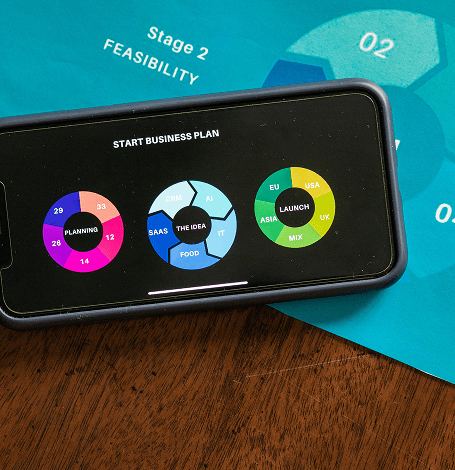
AI in healthcare: Potentials and Risks
The integration of artificial intelligence (AI) into healthcare is heralded as a transformative force, offering numerous potentials while also presenting significant risks. As AI technologies advance, they promise to enhance various aspects of medical practice, from diagnostics to treatment personalization, but they also raise ethical and operational challenges that must be addressed. It’s a given fact that AI has revolutionized healthcare by improving diagnostics, personalizing treatments, accelerating drug discovery, and streamlining operations. Through advanced algorithms and data analysis, AI can assist in early detection of diseases, optimize treatment plans, and enhance patient outcomes.
Benefits of AI in healthcare
One of the most compelling potentials of AI in healthcare lies in its ability to analyze vast amounts of data rapidly and accurately. AI systems can identify patterns and anomalies in medical images, enabling earlier and more accurate diagnoses of conditions such as cancer. For instance, machine learning algorithms have demonstrated the ability to interpret mammograms with remarkable precision, significantly reducing false positives and unnecessary biopsies.
This capability not only improves patient outcomes but also alleviates the burden on healthcare professionals, allowing them to focus on more complex cases that require human expertise. These are some of the factors that make AI a useful commodity that can further improve healthcare
Improved Diagnostics and Precision Medicine
AI’s ability to analyze large amounts of data quickly and accurately is a game changer in diagnostics. Machine learning algorithms, trained on vast datasets of medical records and imaging results, can identify patterns that may be too subtle for human clinicians to detect. For example, AI-powered tools can help radiologists interpret imaging scans with increased precision, spotting early signs of conditions like cancer, heart disease, or neurological disorders.
Moreover, AI contributes to the development of precision medicine, where treatments are tailored to individual patients based on their genetic makeup, lifestyle, and environment. AI algorithms can analyze genomic data and predict how a patient might respond to a particular treatment, making personalized care more feasible and effective.
Drug Discovery and Development
AI is also speeding up the traditionally lengthy and expensive process of drug discovery. By rapidly analyzing existing research, chemical compounds, and biological data, AI systems can identify potential drug candidates and predict their effectiveness in treating specific conditions. This reduces the time and cost associated with clinical trials and brings new therapies to market more quickly. AI-driven drug development has the potential to revolutionize how we tackle complex diseases, from cancer to neurodegenerative disorders, offering new hope to millions of patients.
Operational Efficiency in Healthcare Systems
Beyond diagnostics and treatment, AI can improve the operational efficiency of healthcare systems. AI-driven scheduling systems can optimize appointments, ensuring that medical professionals’ time is used more effectively while reducing patient wait times. Similarly, AI can assist in resource management, predicting patient influxes and helping hospitals allocate staff and equipment more efficiently. Moreover, AI can streamline administrative processes within healthcare settings. By automating tasks such as clinical note generation and patient scheduling, AI reduces the time healthcare providers spend on paperwork. This efficiency enables practitioners to dedicate more time to direct patient care, fostering stronger patient-provider relationships. Additionally, AI-driven predictive analytics can optimize resource allocation in hospitals by forecasting patient demand and identifying potential health risks before they escalate.
Risks and Concerns
Despite the gains and meaningful results that AI has produced in the healthcare industry, the deployment of AI in healthcare is fraught with risks. Ethical concerns regarding data privacy are paramount; the sensitive nature of health information necessitates stringent safeguards to protect patient confidentiality. The potential for algorithmic bias is another significant issue.
If AI systems are trained on non-representative datasets, they may perpetuate existing disparities in healthcare access and outcomes. This underscores the importance of ensuring that AI technologies are developed and tested with diverse populations to avoid reinforcing inequities. Here are some the examples of how AI can put the healthcare as well as other industries at risk
Data Privacy and Security
One of the most significant risks of AI in healthcare is the potential for breaches of patient privacy. AI systems rely on vast amounts of personal data, including sensitive medical records, genomic information, and real-time health metrics. If these systems are not adequately protected, they could become targets for cyberattacks, leading to the exposure of private health information. Additionally, there are concerns over who owns and controls this data. With the rise of AI in healthcare, ensuring that patients’ rights to their data are respected is critical. Strong regulations and ethical guidelines must be in place to protect patient privacy while allowing AI to function effectively.
The Risk of Over-Reliance
While AI can enhance decision-making, there is a risk that healthcare providers may become too reliant on AI systems, potentially undermining the role of human judgment. AI should be viewed as a tool to support clinicians, not replace them. Over-reliance on AI could lead to situations where doctors follow AI recommendations without fully understanding or critically assessing them, which could be dangerous, especially in complex or ambiguous cases. Moreover, AI systems, like all technologies, are not infallible. They can make mistakes, and these mistakes could have severe consequences when human lives are at stake. Ensuring that clinicians retain the final decision-making power and continue to apply their expertise is essential.
The Risk of Over-Reliance
While AI can enhance decision-making, there is a risk that healthcare providers may become too reliant on AI systems, potentially undermining the role of human judgment. AI should be viewed as a tool to support clinicians, not replace them. Over-reliance on AI could lead to situations where doctors follow AI recommendations without fully understanding or critically assessing them, which could be dangerous, especially in complex or ambiguous cases.
Moreover, AI systems, like all technologies, are not infallible. They can make mistakes, and these mistakes could have severe consequences when human lives are at stake. Ensuring that clinicians retain the final decision-making power and continue to apply their expertise is essential.
Ethical Concerns Around AI in Healthcare
AI also raises several ethical questions, particularly around the potential for automated decision-making in life-or-death situations. For example, AI might be used in the future to decide which patients should receive scarce medical resources, such as ventilators or organ transplants, based on algorithmic predictions of survival rates. Such decisions, while perhaps efficient from a statistical standpoint, could dehumanize care and lead to ethical dilemmas about fairness and equity. There are also concerns about AI exacerbating health disparities. For instance, if advanced AI tools become available only to wealthy healthcare systems or patients, it could widen the gap between those who can afford cutting-edge care and those who cannot.
The Future of AI in Healthcare
AI holds enormous potential to improve healthcare, from enhancing diagnostics and personalizing treatments to streamlining operations and accelerating drug discovery. However, realizing these benefits requires addressing significant risks, including data privacy concerns, algorithmic bias, over-reliance on AI, and ethical dilemmas. The key to harnessing AI’s potential in healthcare lies in balancing innovation with careful oversight and regulation, ensuring that these technologies are used responsibly to benefit all patients, not just a select few.
A balanced approach that prioritizes ethical considerations, data integrity, and the preservation of human elements in care will be essential for maximizing the benefits of AI while mitigating its risks. As the healthcare landscape continues to evolve with technological advancements, ongoing research and collaboration will be crucial for harnessing AI's full potential responsibly and equitably.









